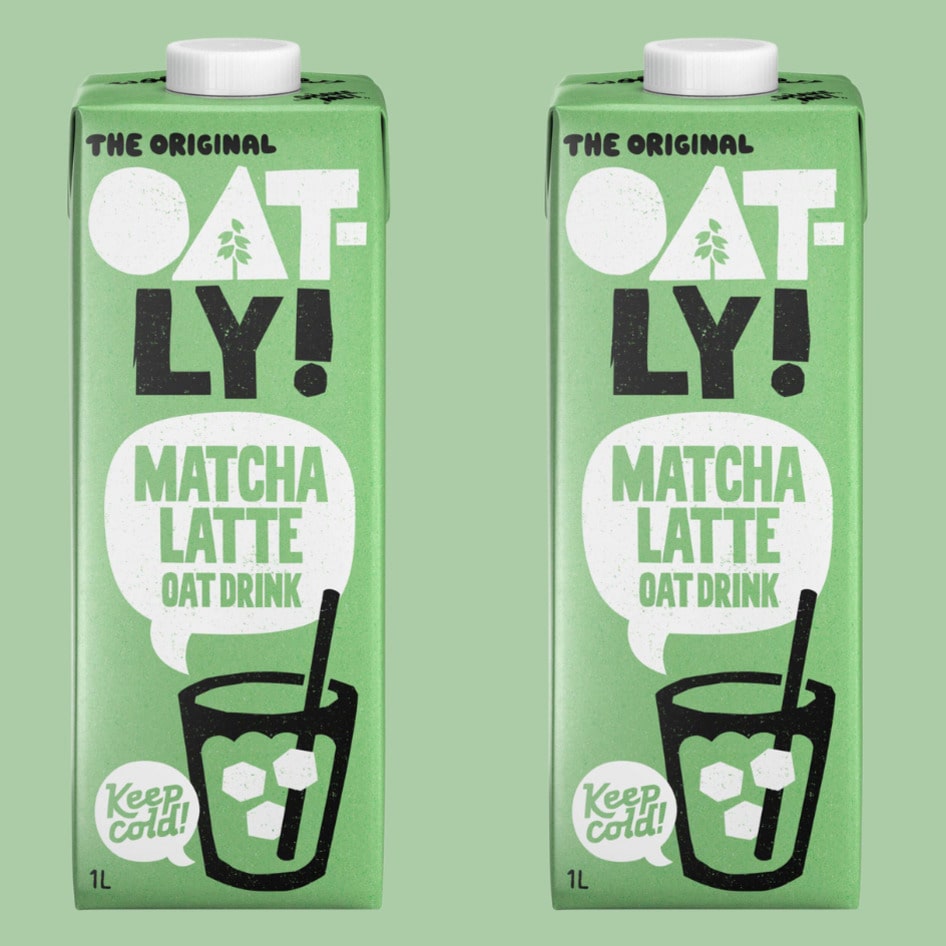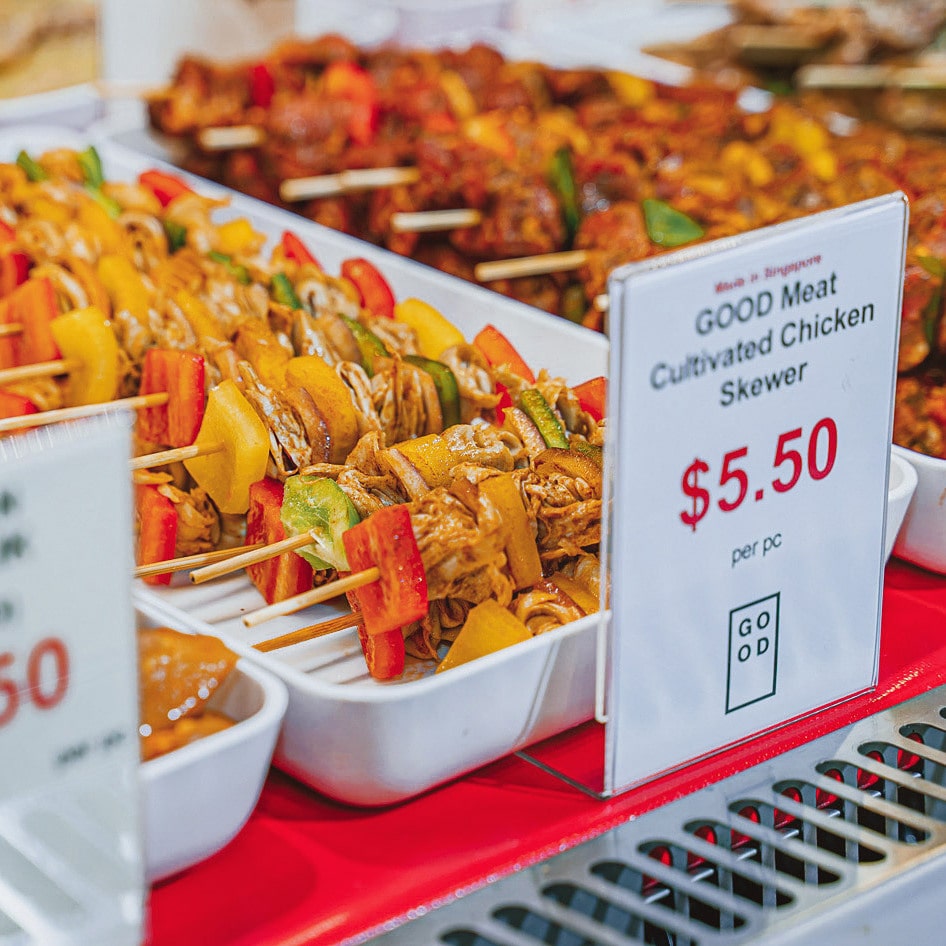Companies making alternatives to traditional animal-derived meat, dairy, and eggs raised $1.5 billion in investment capital in the first seven months of 2020, a new report compiled by advocacy group Good Food Institute (GFI) revealed. Investments made in the alternative protein space have increased by 80 percent as compared to the total raised of 2019. In its report, GFI identified fermentation as the fast-growing third pillar—next to plant-based and cell-based—of the alternative protein industry which raised $274 million in venture capital in 2019, with investments spiking by 58 percent to $435 million in the first seven months of 2020. Globally, the fermentation industry—which includes companies that use microbes such as microalgae and mycoprotein to create alternative proteins—has raised 3.5 times more capital than cultured meat companies worldwide and nearly 60 percent as much as plant-based meat, egg, and dairy companies in the United States.
“Fermentation’s ability to efficiently produce protein could help feed the world, significantly alleviating global malnutrition,” GFI Executive Director Bruce Friedrich said. “Fermentation could enable companies to meet the growing demand for high-quality protein at a cost that is competitive with or lower than that of animal products. Microbes and fermented plant proteins can also provide the sensory experiences and full nutritional profiles of animal products but without the range of external costs that come with industrial animal production, from massive contributions to climate change to growing antibiotic resistance and zoonotic diseases.”
GFI identifies food company Quorn—which has used mycoprotein to create meatless products since 1985—as a pioneer in the fermentation industry, which now counts 44 companies representing a growth of 91 percent since 2018. California-based Perfect Day—which uses micro-flora fermentation to create its dairy-identical products—has the most capital ($300 million secured in July) to date in the fermentation category. “We use fermentation to make the foods people love while delivering the same taste, texture, and nutrition as conventional dairy without the environmental, food safety, or welfare concerns,” Perfect Day co-founder Ryan Pandya said. “But that’s just the start. By working with food and dairy companies to bring a new category of animal-free products to market, we’re building a next generation supply chain to provide more nutritious, scalable options globally.”
To prove that its flora-based proteins function identically to dairy, Perfect Day launched a 1,000-pint limited batch of vegan ice cream in 2019—which, despite its hefty $20+ per pint price tag, sold out in less than 24 hours. This May, the company partnered with California artisan chain Smitten Ice Cream, its first commercial partner, which now uses its flora base to create flavors such as Brown Sugar Chocolate, Fresh Strawberry, Coconut Pecan, and Root Beer Float. In July, new ice cream brand Brave Robot—which uses Perfect Day’s technology—launched with eight flavors, which are available for purchase at select stores and through the brand’s website.
JUMP TO ... Latest News | Recipes | Guides | Health | Subscribe







